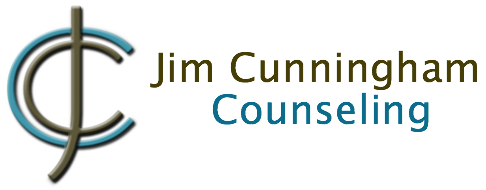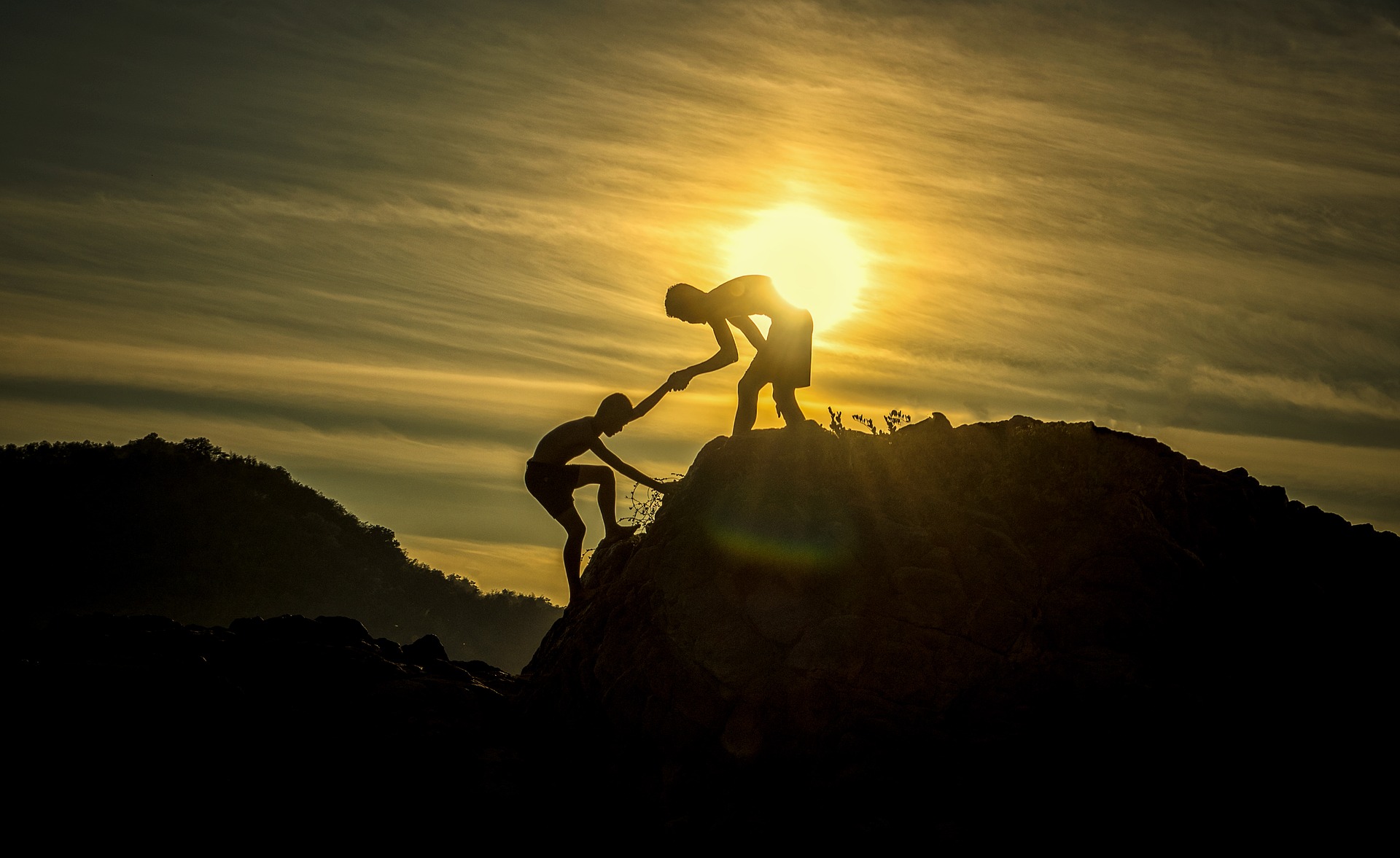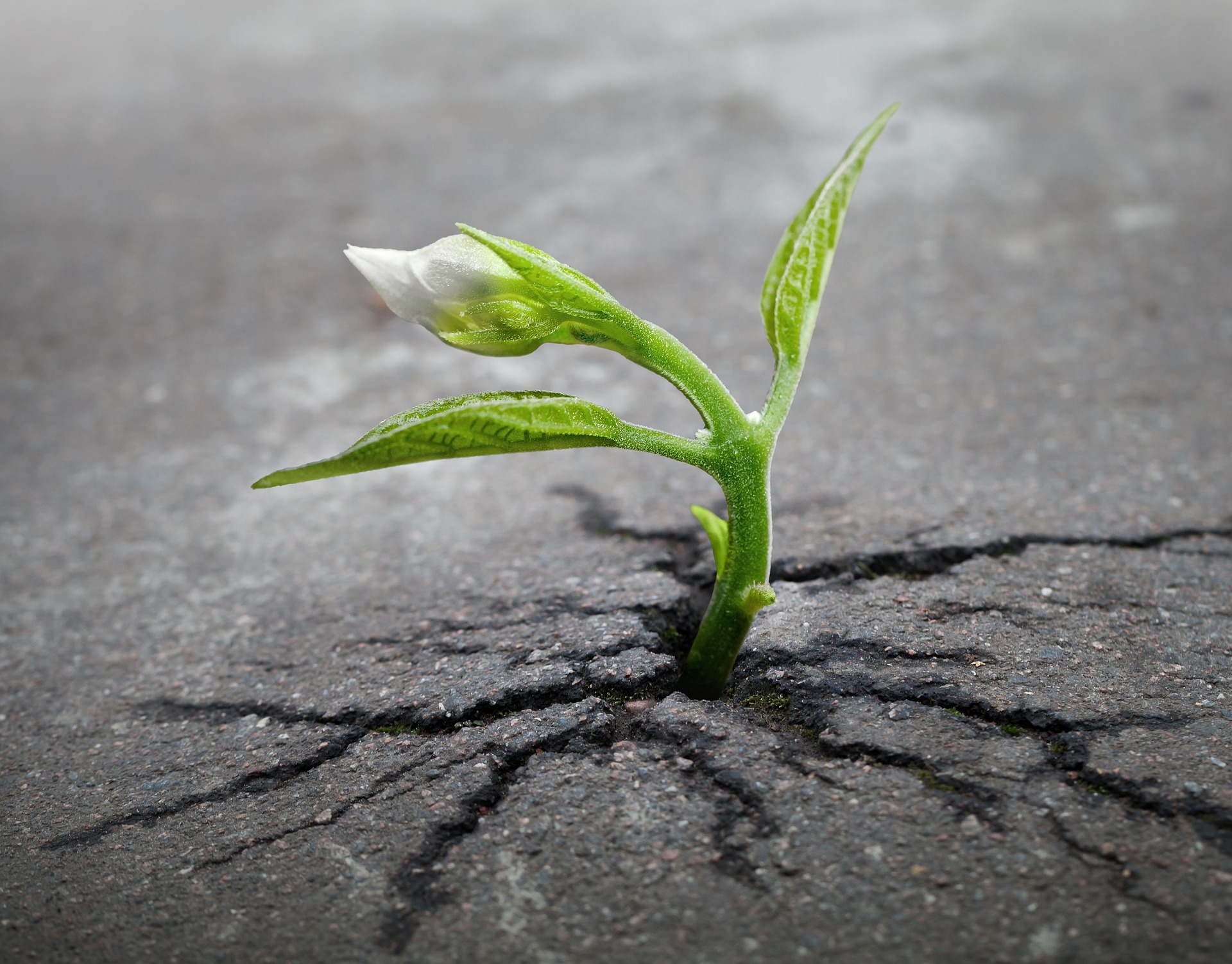 Mar
24
2021
Mar
24
2021
Be Still
“All of humanity’s problems stem from man’s inability to sit quietly in a room alone.” — Blaise Pascal in 1654
Everywhere we look, there is another distraction, often we creating our own diversion. Every moment is filled with something from music to videos to games to work. We carry devices with us that ensure we are never bored. The news gives us a perpetual stream of crises and work follows us home on every screen.
“We are overfed and undernourished. Over stimulated, over scheduled and lonely,” says Ryan Holiday in Stillness is the Key.
When was the last time you gave your brain a break to just be still, to sit quietly and think, to wonder, to relax? No music, no distractions, no nagging notifications, just solitude.
We often forget the tremendous benefits of stillness. According to Holiday,
“Stillness is what aims the archers arrow. It inspires new ideas. It sharpens perspective and illuminates connections. It slows the ball down so that we might hit it. It generates a vision, helps us resist the passions of the mob, makes space for gratitude and wonder. Stillness allows us to persevere. To succeed. It is the key that unlocks the insights of genius.”
Here are some ideas on how to add some stillness back into life.
- Why do I avoid quiet? I see many clients who spend a great deal of time trying to not hear that inner voice, trying to avoid uncomfortable thoughts, fears and regrets. Being aware of “why” may be a great place to start.
- Be intentional. Stillness won’t happen on accident. You have to schedule it, be ruthlessly deliberate. Setting aside even ten minutes a day can be incredibly restorative.
- Journal. There is no right or wrong way to journal. The simple act of getting thoughts out of your head forces you to organize them and see them objectively. I have found that journaling during times of stress, reduces the emotions and provides better context to the issue.
- Let go. Being still necessarily means relaxing our control, unplugging, and just being in the present. It can also be helpful to let go of the tension we tend to carry by noticing which muscles are tense and consciously relaxing them.
- Take a walk. Walking without music or distraction gives us time to think, but also provides calming, bilateral movement.
If we can take just a few moments to be still, we may be able to reduce some of the daily noise that overwhelms us.




